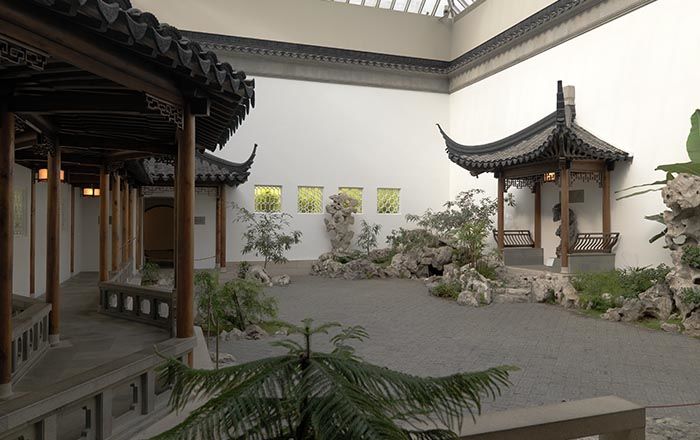Water Pot with Boys
Not on view
Archaeological evidence indicates that the kilns near Dehua, in Fujian Province, opened in the late thirteenth century and flourished after the sixteenth, when they became known for their distinctive white porcelains with thick, lustrous glazes. The Dehua kilns produced a range of goods, including religious figures and objects for the scholar's table such as this charming water pot. Works produced at the kilns were also exported to Europe, particularly in the seventeenth and eighteenth centuries, and, as a result, are often referred to in Western literature as blanc-de-chine, a French term meaning "Chinese white."
This image cannot be enlarged, viewed at full screen, or downloaded.

